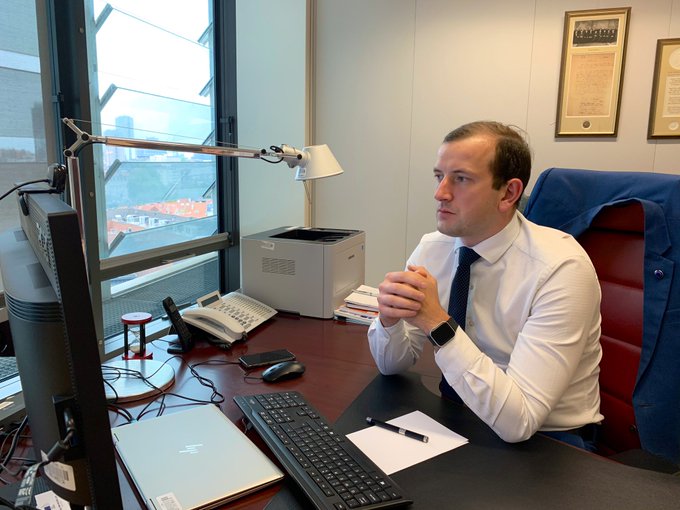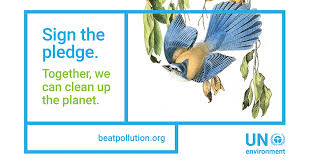
Hazardous Waste Europe is a member of the Zero Pollution Stakeholders Platform. During the High Level Launch Meeting, on December 16th, our President delivered the HWE’s core message: Hazardous Waste Europe is a EU business association of hazardous waste operators present on the whole value chain of hazardous waste management, from collection to final treatment. We treat pollution of all kinds by providing hazardous waste its appropriate treatment. It can be regeneration, recycling, material recovery, hazardous waste incineration, physico-chemical treatments specifically of wastewaters, soil remediation, and hazardous waste landfilling. We operate IED and SEVESO installations and we have expertise in the treatment of the most harmful chemicals including those internationally recognised like POPs and mercury. As we stand at the end of the value chain, we definitively act as the last bastion to destroy toxicity, limit dispersion of pollutants in the environment and we ensure non-toxic recycling. It is our responsibility. Our existence results from the necessity to manage all unavoidable hazardous waste inherent to our way of living even though we expect it to be much more sustainable and resilient in the future. Consequently and according to the zero-pollution hierarchy, our commitment in the platform would mainly bring expertise in Eliminate & Remediate and Minimise & Control. HWE expects the Platform to develop operational tools supporting stakeholders benchmarking their
;

To pave the way towards « a zero pollution ambition for a toxic-free environment », the EU Green Deal annonced the objective of the EU commission to look more systematically at all policies and regulations and adopt in 2021 a zero pollution action plan for air, water and soil. Find HWE’s proposals to ensure that our legislation and principles reach this objective of a non toxic environment :

A fruitful exchange with Mr. Commissioner Virginijus Sinkevičius Information, traceability & decontamination are key to ensure the « zero pollution » ambition for a toxic free environment called by the EU Boosting circularity ♻️ & ensuring we don’t export our waste problems to 3rd countries is crucial. The role of the waste management sector is key.Useful exchange with Hazardous Waste Europe ahead of our new Chemicals Strategy for safe & sustainable by design chemicals next week! pic.twitter.com/tP9oQtLYCf — Virginijus Sinkevičius (@VSinkevicius) October 8, 2020

Announced in the EU Green Deal as part of the actions to support zero pollution, the forthcoming European Chemicals strategy for sustainability represents a valuable opportunity to pave the way towards a non toxic environment. As HWE, we have developed 8 points to reach this objective – that you wil find further detailed in the paper: define substances of concern adopt a grouping approach integrate missing hazards in the relevant legislation ensure traceability ban dilution guarantee clean material cycles through decontamination keep the hazard based approach for waste support ECHA work Download the paper:

We are deeply convinced that only a model built on non-toxic materials cycles can and will ensure a safe and sustainable circular economy. To reach this ultimate goal, we are committed to strive that substances or materials streams contaminated with toxic substances are appropriately decontaminated before being reincorporated into the recycling chain. Our objective is that legal provisions on circular economy that flourish in member states acknowledge this significant necessity: prior to recycling, unwanted hazardous components or pollutants contained in both non-hazardous and hazardous waste should be extracted and treated in compliance with the waste and chemical laws to ensure that toxic substances would not be again and again reincorporated in materials that aim to become products of day to day life. Only by controlling that we will protect health and the environment and pave the way towards the achievement of sustainable consumption and production patterns (Goal 12). By promoting high quality recycling we will work to sustainably guarantee « the environmentally sound management of chemicals and all wastes throughout their life cycle » and achieve healthy lives and promote well-being (Goal 3). The technical solutions already exist and are effective. We miss the political signal that would set decontamination in the legislation. We should hit hard, we must hit now and we could not dream more symbolic than having the solution
;





